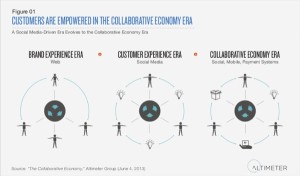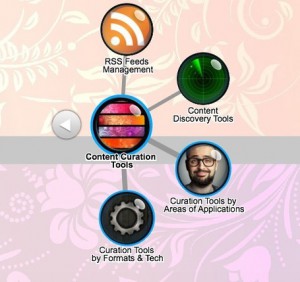
Forget about Growth Hacking, the future is in the Collaborative Economy
VIDEO
Anyone working in digital can somewhat relate to the overuse of loosely defined marketing words – think ‘big data’ or ‘cloud computing’ (bzzzz). Growth hacking seems to be just another one of them.
In colloquial terms, growth hacking is associated with the exploitation of loopholes and the use of illegal techniques online to grow business development. Of course, in some cases this has been reality. When PayPal was first used on eBay, it was actually breaching the retailer’s T&C’s. Similarly, when Airbnb first started they poached their customers from Craigslist by spamming listings and inviting users to join their directory instead.

However, growth hacking can also simply be described as the ingenious use of tools, platforms and environments for business development, online AND offline – Google campus in East London, for example, is a good case of growth hacking taking place offline as start-ups use a shared working environment to maximise their potential. Online, growth hacking is the use of tracking and metric tools that teach us where our time is best spent; and the leveraging of platforms where target audiences and key players are.
‘Hacking’ does not necessarily equal to detrimental consequences for larger corporations either. Indeed, Paypal was then bought by eBay, and when Airbnb developed its interface it added the option to ‘post to Craigslist’.









